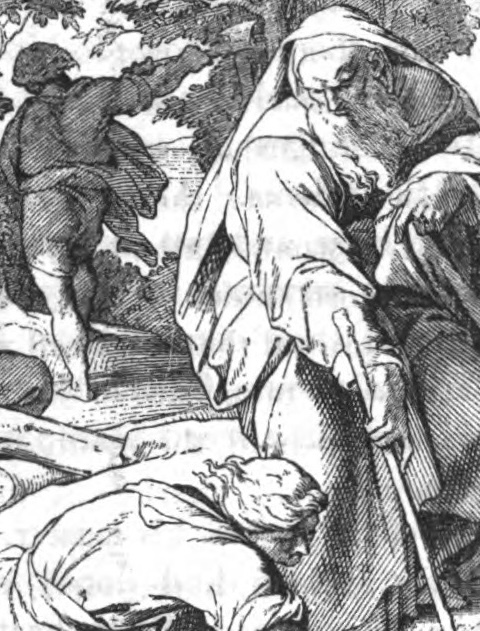Growing the Divine Nature
2 Peter 1:1–8
Faith is not something we muster up. It’s not a personal achievement or a moral accomplishment. According to Peter, it is a gift—given not because we deserve it, but because of the righteousness of Jesus Christ, our God and Savior (v. 1). What a startling statement: Jesus offers us His own righteousness—His divine character—and along with it, the faith to receive and grow in it.
And that’s the heart of this passage: that in Christ, we don’t just receive forgiveness—we receive power to live transformed lives. Lives that increasingly look like His own.
Peter reminds us that grace and peace multiply in our lives not through greater performance but through deepening relationship with Jesus (v. 2). He’s not just a Savior who rescues us from sin—He is a daily source of divine presence, shaping us from the inside out. Grace is God’s generous favor to treat us as His beloved, and peace is the settled, sturdy wholeness that comes from knowing we are held in His goodness. These increase as we know Him more fully.
What Peter says next is staggering: through the knowledge of Christ, God gives us “everything we need for life and godliness” (v. 3). We often walk through life feeling under-equipped, under-resourced, even spiritually empty. But the truth is—if we are in Christ—we lack nothing. The real question isn’t what more do I need to feel alive? but how do I lean more deeply into what I already have in Jesus?
In verse 4, Peter tells us that Christ’s glory and excellence have secured for us great and precious promises. Promises that don’t just comfort us—they change us. They invite us into a miracle: to “participate in the divine nature.” This doesn’t mean we become gods—it means God is sharing His very character with us. His purity. His power. His love. His wisdom. All made accessible by grace. And not only do we share in His nature—we escape the trap of the world’s corruption, the weariness of sin that drains and deforms us.
But Peter is no passive theologian—he calls us to act. Because we’ve received this new nature, we’re to grow in it (v. 5–7). That growth isn’t automatic—it’s intentional. Peter lists seven qualities that are not optional upgrades but essential marks of the Spirit’s work in us:
- Excellence: Reflecting the goodness of God in all things.
- Knowledge: Growing in truth, especially in knowing Christ.
- Self-control: Saying no to sin and yes to God.
- Perseverance: Remaining faithful under pressure.
- Godliness: Living with deep reverence for God.
- Brotherly affection: Kindness and concern for fellow believers.
- Love: Sacrificial, Christlike love that gives without demanding.
These don’t grow all at once—but they must grow. And as they do, they serve as evidence that we’re truly alive in Christ. They keep us from becoming “ineffective and unfruitful in the knowledge of our Lord Jesus Christ” (v. 8).
If your life feels stagnant, if faith seems dry or weak, Peter’s words offer a path forward: go deeper into Jesus. Let His promises shape your desires. Let His power lead your choices. Let His nature become your own. This is not about behavior modification. It’s about participating in a miracle. A believer doesn’t just know Jesus—they become like Him.
That’s what it means to grow the divine nature.
Prayer
Lord Jesus, thank You for sharing Your righteousness and power with me. Help me grow in Your nature—not just in knowledge but in character. Shape my life to look more like Yours. Increase my faith, deepen my love, and make me fruitful in every good work. I want to live a life that honors You in everything. Amen.
Pastor Mark



